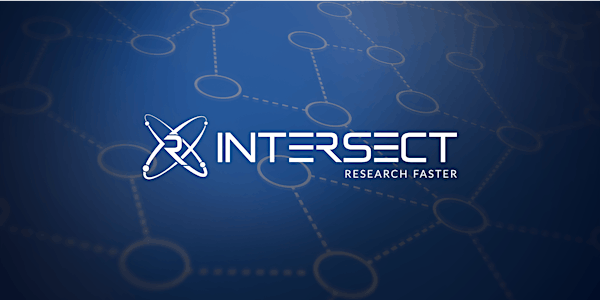Important:
This course takes place over 2 days. The dates and times are as follows:
- Day 1: Tuesday, April 30 from 10:00 AM to 1:00 PM AEST
- Day 2: Wednesday, May 1 from 10:00 AM to 1:00 PM AEST
Machine Learning (ML) is a new way to program computers to solve real world problems. It has gained popularity over the last few years by achieving tremendous success in tasks that we believed only humans could solve, from recognising images to self-driving cars. In this course, we will explore the fundamentals of Machine Learning from a practical perspective with the help of the R programming language and its scientific computing packages.
You'll learn:
- Understand the difference between supervised and unsupervised Machine Learning.
- Understand the fundamentals of Machine Learning.
- Comprehensive introduction to Machine Learning models and techniques such as Linear Regression and Model Training.
- Understand the Machine Learning modelling workflows.
- Use R and and its relevant packages to process real datasets, train and apply Machine Learning models
Prerequisites:
- Either Learn to Program: R and Data Manipulation in R or Learn to Program: R and Data Manipulation and Visualisation in Rneeded to attend this course. If you already have experience with programming, please check the topics covered in courses above to ensure that you are familiar with the knowledge needed for this course, such as good understanding of R syntax and basic programming concepts and familiarity with dplyr, tidyr and ggplot2 packages.
- Maths knowledge is not required. There are only a few Math formula that you are going to see in this course, however references to Mathematics required for learning about Machine Learning will be provided. Having an understanding of the Mathematics behind each Machine Learning algorithms is going to make you appreciate the behaviour of the model and know its pros/cons when using them.
Why do this course:
- Useful for anyone who wants to learn about Machine Learning but are overwhelmed with the tremendous amount of resources.
- It does not go in depth into mathematical concepts and formula, however formal intuitions and references are provided to guide the participants for further learning.
- We do have applications on real datasets!
- Machine Learning models are introduced in this course together with important feature engineering techniques that are guaranteed to be useful in your own projects.
- Give you enough background to kickstart your own Machine Learning journey, or transition yourself into Deep Learning.
For a better and more complete understanding of the most popular Machine Learning models and techniques please consider attending all three Introduction to Machine Learning using R workshops:
- Introduction to Machine Learning using R: Introduction & Linear Regression
- Introduction to Machine Learning using R: Classification
- Introduction to Machine Learning using R: SVM & Unsupervised Learning
